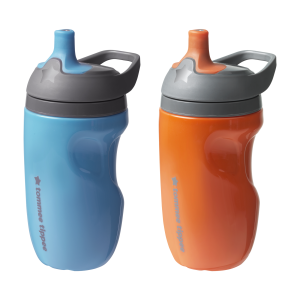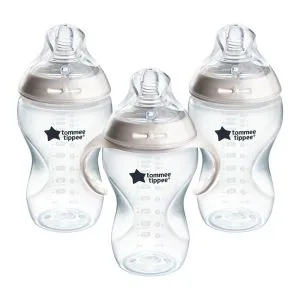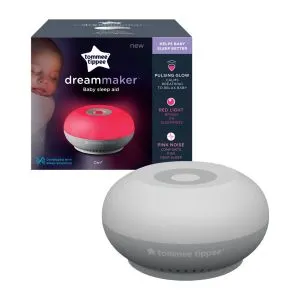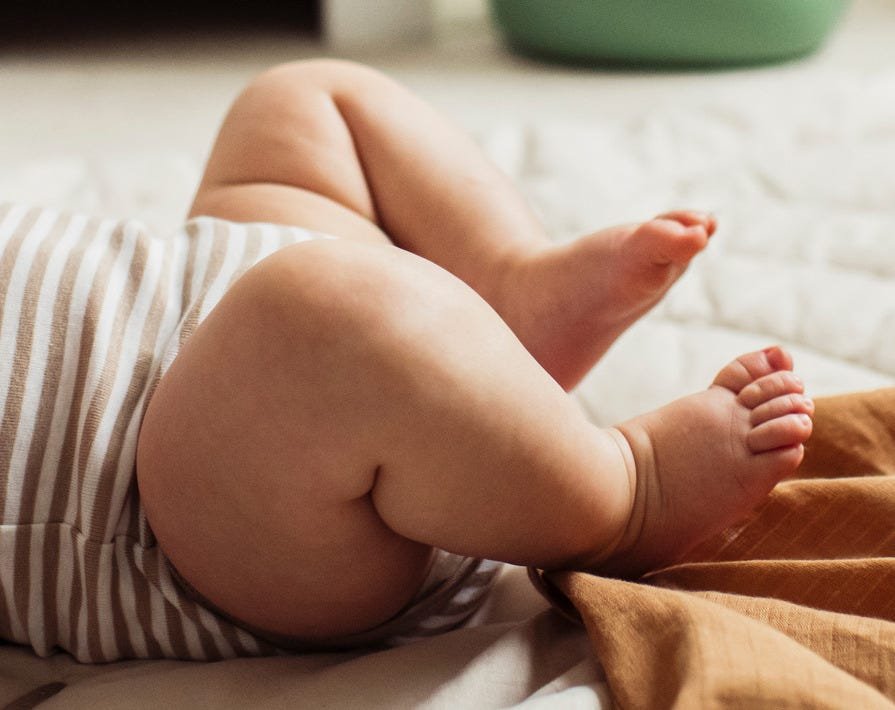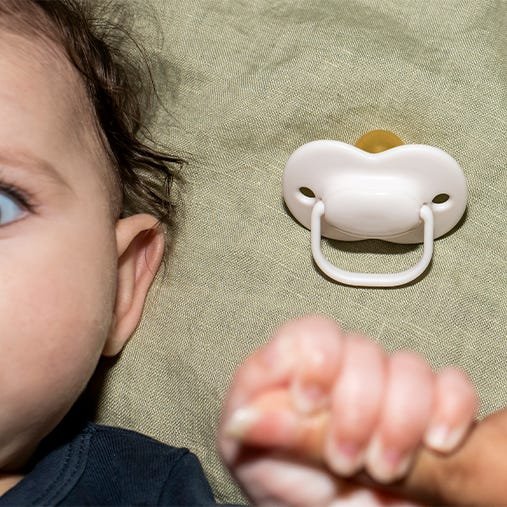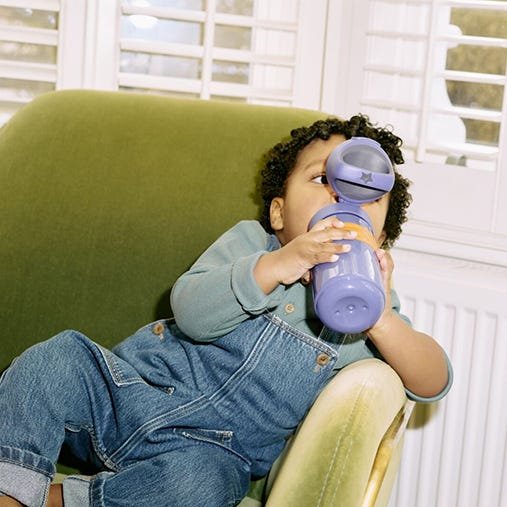Every baby develops at their own pace, with some learning to talk from 12 months old, to others not saying their first word until they reach two years of age.
It’s important to remember that how your baby develops isn’t a reflection of how you parent, nor does it necessarily indicate they will find their development periods challenging.
Every baby is different, and with small, simple actions, you can make a huge difference in their individual growth and learning journey.
How can I improve my baby's development?
As a parent, there are many things you can do to improve your baby’s development. Whether it’s encouraging them by getting involved in their playtime, purchasing them sensory toys, or finding your ground in a sleep routine that works for them, the list goes on.
Baby development tips
Below, we’ve put together some of our top baby development tips for each age group.
0-3 months: Building foundations
Parenting a newborn is all about discovering a bond with them while understanding their needs and establishing a routine that works for both of you. As it’s your number one priority to make sure your baby is growing and developing well, here are some tips to help smoothen the process:
- Set quality time aside for skin-to-skin contact, solidifying the parent and baby bond. If this takes longer than you expected, there’s no need to worry. Bonding can take longer as you deal with the many life adjustments that come with having a child.
- Give your baby tummy time to strengthen their muscles. All you need to do is pop them on their belly while they’re awake a few times a day to help strengthen their neck and shoulders while developing head control and core strength. Make sure you wait a couple of days after giving birth to start this process.
- Respond to their cries promptly to build security and trust with your baby. During the early stages, this is how you’ll begin communicating with your child so getting to know their needs and reassuring them is key.
- Surround them with high-contrast toys to stimulate their vision. Although babies are not able to fully play with toys as newborns, letting them see vibrant colors and patterns can aid their brain and coordination development.
- Check your baby is getting enough nutrition. They’ll gain the most nutrients during the first six months of their life from breast milk or formula before solids are introduced. To check your baby is getting all the nutrients they need, check their nappy as the contents of it will give you the answer. Read our article on newborn poop for more guidance.
